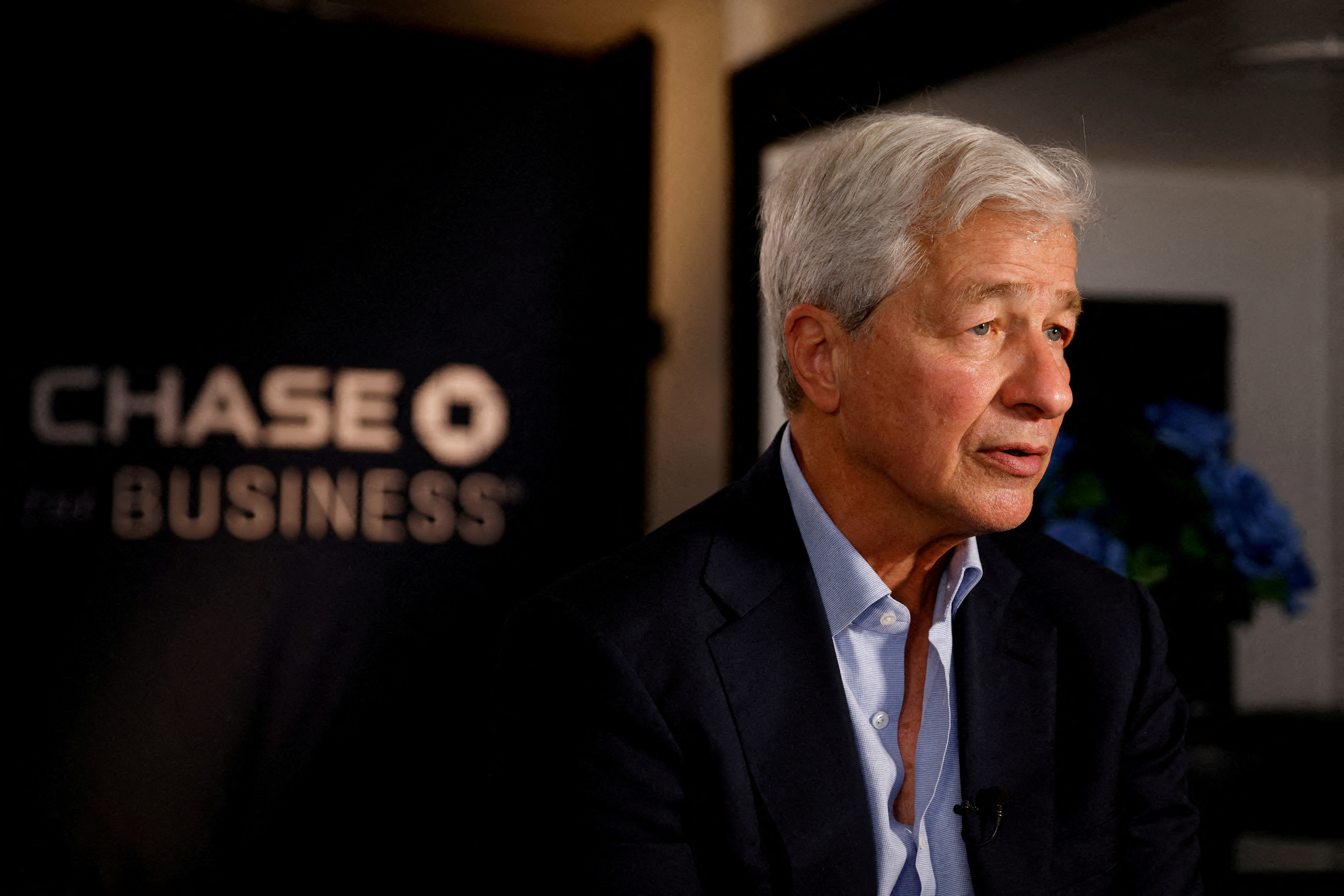During a private luncheon on Tuesday, Jamie Dimon, CEO of JPMorgan Chase, reportedly advised moderate House Democrats to eliminate the debt ceiling, according to an individual familiar with the matter who spoke to CNN.
Dimon allegedly urged lawmakers to “get rid of it” and described the debt ceiling as an “unmitigated disaster.” The discussion took place with members of the New Democrat Coalition shortly after Congress passed a last-minute compromise to raise the debt limit, preventing a government shutdown.
The New Democrat Coalition, comprised of nearly 100 House representatives, identifies as a center-left group focused on promoting policies that encourage economic growth, innovation, and fiscal responsibility.
After the meeting, New Democrat Coalition Chair Annie Kuster, a Democrat from New Hampshire, stated that the coalition is eager to advance practical solutions to the policy issues discussed and collaborate with colleagues from both sides of the political spectrum for the betterment of the country.
JPMorgan, Dimon’s employer, did not provide any comment in response to a request for their perspective on the matter. Dimon himself spoke to reporters after the luncheon, expressing his satisfaction that the nation had managed to avoid a debt ceiling crisis and commending lawmakers from both parties.

However, he also expressed his desire to eventually eliminate the debt ceiling altogether. Dimon explained that although the debt ceiling has been used as a political weapon by both sides in the past, it possesses the potential to cause significant harm.
Beyond discussing the debt ceiling, Dimon engaged in a wide-ranging conversation with House Democrats, covering various topics such as immigration reform, housing, the banking crisis, and the employment of previously incarcerated individuals, according to the source.
Regarding immigration, Dimon indicated his support for strong border security while advocating for reforms to address the ongoing labor shortage within the United States.
His views on immigration align with his annual shareholder letter, where he emphasized the importance of reducing worker shortages by implementing more merit-based and seasonal immigration policies.
Jamie Dimon Recommends Congress Remove the Debt Ceiling
In addition, Dimon expressed optimism about the state of the U.S. economy in relation to China. He reportedly stated that the U.S. is in excellent shape and characterized China as not being an invincible force.
Dimon’s positive outlook on the U.S. economy aligns with his sentiments about it being the most prosperous economy the world has ever witnessed.
This luncheon meeting followed a prior encounter between the New Democrat Coalition and Federal Reserve Chair Jerome Powell. During that meeting, Powell reportedly shared several reform ideas related to the debt ceiling. The precise details of Powell’s suggestions were not disclosed in this report by CNN.
Jamie Dimon’s recommendations to moderate House Democrats regarding the elimination of the debt ceiling highlight his belief that it is a flawed and problematic mechanism.
Dimon’s concerns about the debt ceiling are part of a broader conversation he had with House Democrats, encompassing topics ranging from immigration and housing to banking and employment.

While Dimon expressed optimism about the U.S. economy and its position on the global stage, he also acknowledged the need for improvements in various areas to ensure continued growth and prosperity.
Jamie Dimon’s call to eliminate the debt ceiling could have far-reaching consequences. The debt ceiling, a limit on the amount of debt the U.S. government can incur, has often been a source of political tension and uncertainty.
Dimon’s proposal aims to address the inherent problems associated with this mechanism. By removing the debt ceiling, there is a potential for enhanced financial stability.
This would mean avoiding future debt ceiling crises that can lead to political brinkmanship and instability in financial markets.
Dimon’s description of the debt ceiling as an “unmitigated disaster” suggests that its elimination could prevent these disruptions and promote a more predictable economic environment.












